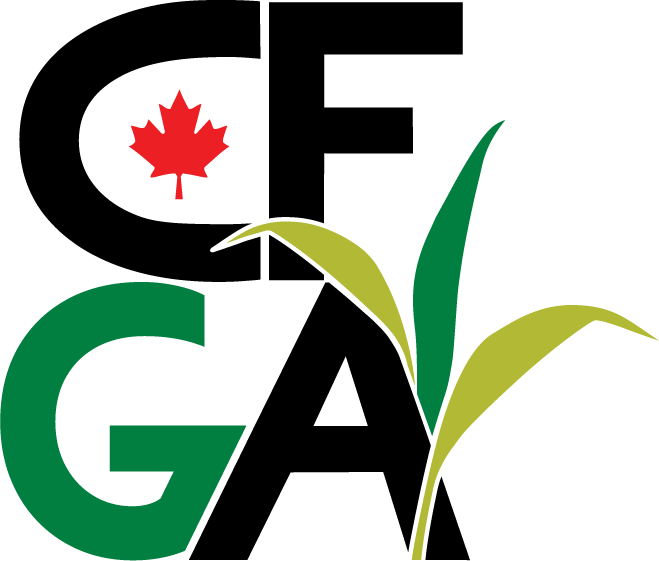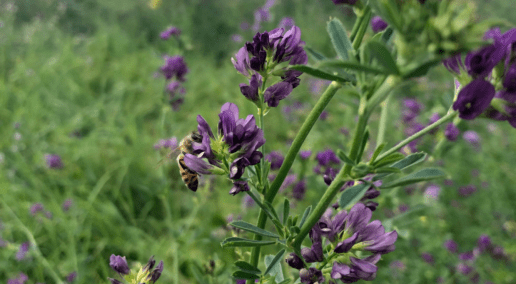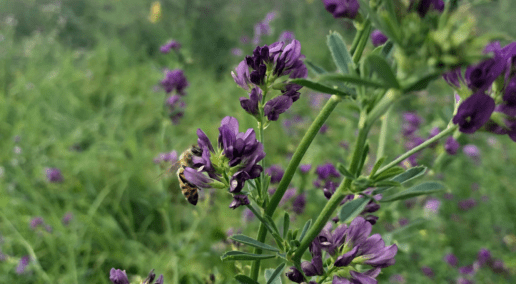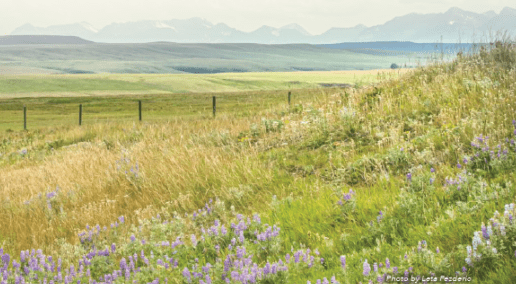During an afternoon session on Nov. 29, 2023 at the CFGA’s 14th Annual Conference, Brian McConkey from Viresco Solutions National, Lauchlan Fraser from Thompson Rivers University and Brooke McWherter from Dalhousie University participated in a panel discussion on the advances in science and what it means to industry.
One of the questions they addressed was: What major gaps are there in scientific knowledge about carbon sequestration and greenhouse gas (GHG) emissions in the agriculture sector? While there is lots of research happening, it can be disjointed and research outcomes don’t create a dataset large enough for policy; is there an effort to align research to fill those gaps and become more effective?
Fraser: We have seen over the past 10 to 15 years a decrease in federal agriculture research support. These are the challenges we’re facing. Any carbon study needs time. It needs to be long term and we need to partner with producers to understand the industry context and the questions that have value to the producer. This is the kind of applied science that we need to do that works for the industry.
Brian: In the past, science was about discovery. Now we see the science of quantification more and more. For instance, with carbon credits and Scope 3 emissions, the questions are about quantifying what is happening on the landscape. It’s another type of science and it’s expensive because you must spread out and capture variable things that are happening on the landscape. Even how people define it is variable so understanding what’s going on is difficult. Partnering with farmers and ranchers is important to be able to do this, to make it a valuable proposition for everyone.
Brooke: In my role as social scientist, I’m talking to producers all the time and they’re telling me what the gaps are. In terms of carbon sequestration, when I’m talking to producers about advanced grazing practices, carbon is not something that comes up in discussion often. So, is it right to focus on the carbon aspects or is more beneficial to focus on the co-benefits that the producers are more interested in with carbon as just a helpful side effect?
2023 conference recordings
To hear all of this panel discussion, you can purchase access to it and all of the recordings from the 2023 conference proceedings. Note, if you attended the 2023 conference, the recordings are available for free to those who registered for the conference. For more information, email [email protected].
2024 annual conference
We’re heading to Guelph, Ontario Dec. 3 to 7 for the Canadian Forage and Grassland Association’s (CFGA) 15th annual conference. The CFGA is excited to partner with the Ontario Forage Council on this not-to-be-missed event that will celebrate the important environmental and economic role forages and grasslands play in Ontario, across the country and around the globe.
This year’s theme is Roots to Success: The Foundation of Resilient Agriculture. During this not-to-be-missed three-day event, we will learn about exciting and cutting-edge happenings in the forage sector and gain valuable information and inspiration for anyone involved in the forage and grassland sectors across the country. Visit the conference website for more details.




Leave a Comment